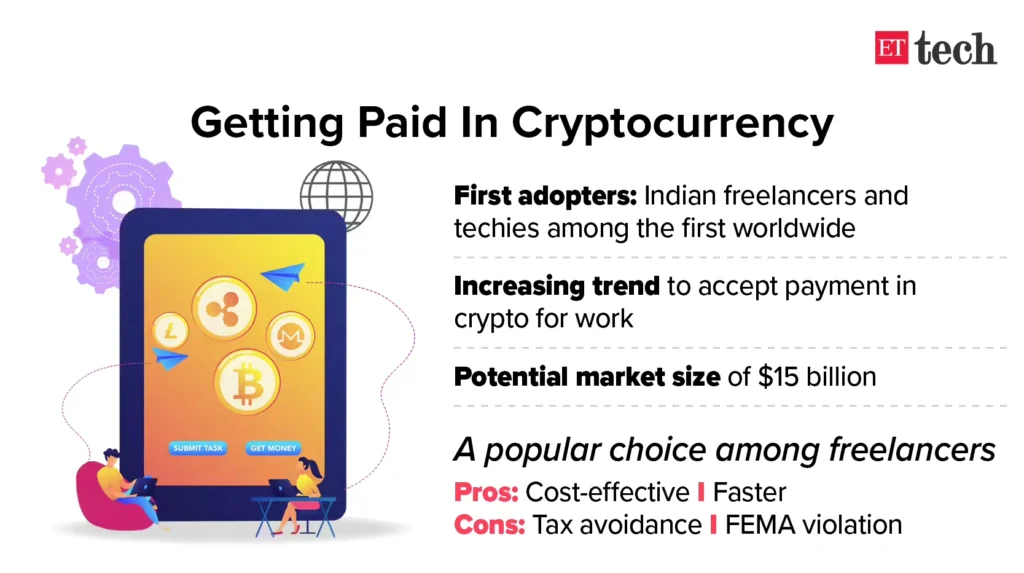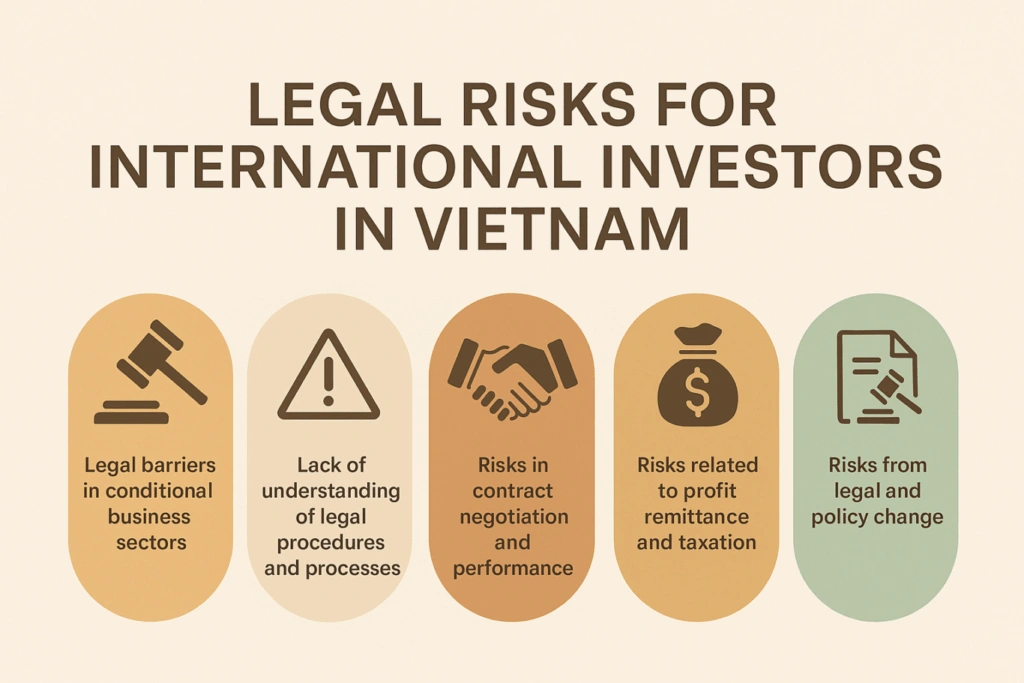Vietnam’s official recognition of cryptocurrencies under the Vietnam crypto law 2025 marks a historic shift in the country’s approach to digital finance. With VDA rules now clearly defined, both individuals and businesses can participate in the crypto economy — but not without limits. This practical FAQ explains what’s legal, what’s still restricted, and how these changes affect you. The aim is not only to open up opportunity but also to build a system where risk is reduced, accountability is enforced, and innovation can thrive under clearly drawn lines. It’s the first time Vietnam has placed digital assets within a structured legal framework — and the effects are already visible across sectors.
1. What Does Legalization Actually Mean in Vietnam Crypto Law 2025?
Legalization means cryptocurrencies and other Virtual Digital Assets (VDAs) are no longer in a regulatory gray zone. You can now legally trade, own, and store digital assets in Vietnam — with government oversight. However, crypto is still not recognized as legal tender, so you can’t use it to pay for goods or services unless both parties agree. Legalization also implies a new responsibility: users are expected to comply with reporting obligations and only interact with licensed platforms. The law doesn’t guarantee profit or protection from market volatility — it simply offers legal clarity.
2. Can I Open a Crypto Wallet Without a License?
Yes. Any Vietnamese citizen or resident can open a digital wallet. There’s no need for special permission. However, wallets must be linked to KYC-compliant exchanges or custodians. Anonymous wallets or self-hosted platforms are not banned, but any transfer involving regulated entities must go through identity verification protocols. Users are encouraged to keep records of transactions and wallet addresses, especially for tax filing and compliance. The government is working on a digital registry that may eventually require all operational wallets to be tagged with verified IDs.
3. Who Needs a License Under the New VDA Rules?

Credit from Observer Voice
Licensing is mandatory for companies that:
- Operate crypto exchanges
- Offer wallet or custody services
- Issue VDAs (including tokens or coins)
- Facilitate investment in tokenized assets
These licenses are issued by the Ministry of Finance under Vietnam’s updated VDA rules. The process requires disclosure of business models, ownership, financial stability, and cybersecurity measures. In practice, this ensures that service providers can meet operational standards, maintain user fund security, and report suspicious activities. Renewal of licenses is expected every two years, depending on compliance audits.
4. Can I Pay Employees or Freelancers in Crypto?

Credit from The Economic Times
Partially. While the law allows private crypto transactions, salary payments in digital assets are still under review. Businesses must comply with labor laws, which currently require fiat-denominated contracts. Paying bonuses or international freelancers in crypto is technically allowed, but must be reported and converted into VND for accounting purposes. Some startups are testing hybrid payment models — paying part in fiat and part in crypto — though these must still meet tax and reporting standards under both labor and finance ministries.
5. Are Airdrops, Staking, and Yield Farming Legal?
Yes, but they are regulated. Participating in airdrops or earning through staking and yield farming is permitted — provided the platforms are licensed and follow Vietnam’s VDA rules. These activities may be taxed as either capital gains or miscellaneous income, depending on classification. Users are encouraged to check platform registration status before engaging. Projects offering unusually high yields may be flagged by authorities, and users are advised to exercise due diligence before committing significant funds.
6. Can Students, Hobbyists, or Miners Join the Market?
Absolutely. Vietnam’s approach is inclusive. Students, casual investors, and independent miners can legally participate in the market. Mining is allowed, but requires local registration if operated at scale. The government also encourages public education on crypto safety, and several universities have begun offering blockchain literacy programs. Online communities and meetups have flourished since the law passed, signaling a grassroots embrace of digital asset technology among younger demographics.
7. What Are the Main Legal Risks I Should Be Aware Of in Vietnam Crypto Law 2025?

Credit from ASL LAW Firm
The biggest risks now come from non-compliance, not the act of trading itself. Using unregistered platforms, failing to report gains, or participating in unlicensed token sales could lead to penalties. Scams and rug-pulls are still common, so the law emphasizes user responsibility. Always verify if a platform is licensed under the Vietnam crypto law framework. Additionally, avoid schemes that promise guaranteed returns — these are often fronts for fraud, even in a legal market.
Conclusion: Legal Doesn’t Mean Limitless Under Vietnam Crypto Law 2025
With the full legalization of digital assets under the Vietnam crypto law 2025, the country has opened doors to a broad range of crypto activity — but within a tightly managed structure. From trading rights to VDA licensing, the new system empowers users while holding providers accountable.
As the digital economy grows, understanding what you can and can’t do isn’t just about following rules — it’s about building trust in a maturing market. For Vietnamese investors, entrepreneurs, and everyday users, the rules are now clear. Participation is welcome — just make sure it’s legal. Over time, these regulations are expected to evolve further, but for now, they represent a significant step toward a transparent, accountable, and innovation-friendly digital finance ecosystem.




